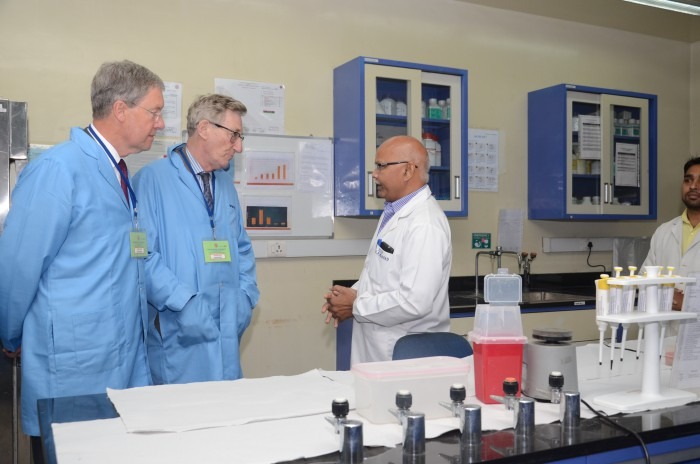 Image Source : blogs.fcdo.gov.uk
Image Source : blogs.fcdo.gov.uk
Researchers from the UK and India have launched a joint initiative to combat the growing threat of antibiotic-resistant bacteria, commonly known as superbugs. The collaboration, led by the University of Leeds and Bharath Institute of Higher Education and Research (BIHER) in Chennai, focuses on addressing the overprescription of antibiotics, particularly in dental practices.
The Growing Threat Of Superbugs
- Antibiotic resistance is a global crisis, with microbes evolving to withstand treatments that were once effective
- In South Asia alone, deaths linked to antimicrobial resistance (AMR) are projected to reach 11.8 million between 2025 and 2050
- Overuse of antibiotics for minor ailments, such as toothaches, is a key contributor to the problem
The UK-India Research Collaboration
- The University of Leeds has partnered with BIHER to launch a pilot study aimed at educating dental practitioners on responsible antibiotic use
- PhD researcher Dr Aarthi Bhuvaraghan has engaged local dentists in the study, providing them with desk guides and professional development modules
- Early results show improved awareness among participants, with many expressing a willingness to change their prescribing habits
Impact On Healthcare And Future Plans
- The initiative aims to integrate antimicrobial stewardship into India’s undergraduate dental curriculum
- Researchers are working on digitizing training modules, which will soon be available on the Indian Dental Association’s website
- The partnership is expected to influence global policies on antibiotic use in dentistry, potentially expanding to other regions facing similar challenges
With superbugs posing an increasing threat to public health, this UK-India collaboration marks a crucial step toward responsible antibiotic use and long-term healthcare sustainability.
Sources: BW Wellbeing World, University of Leeds, MyScience.
Advertisement
Advertisement



